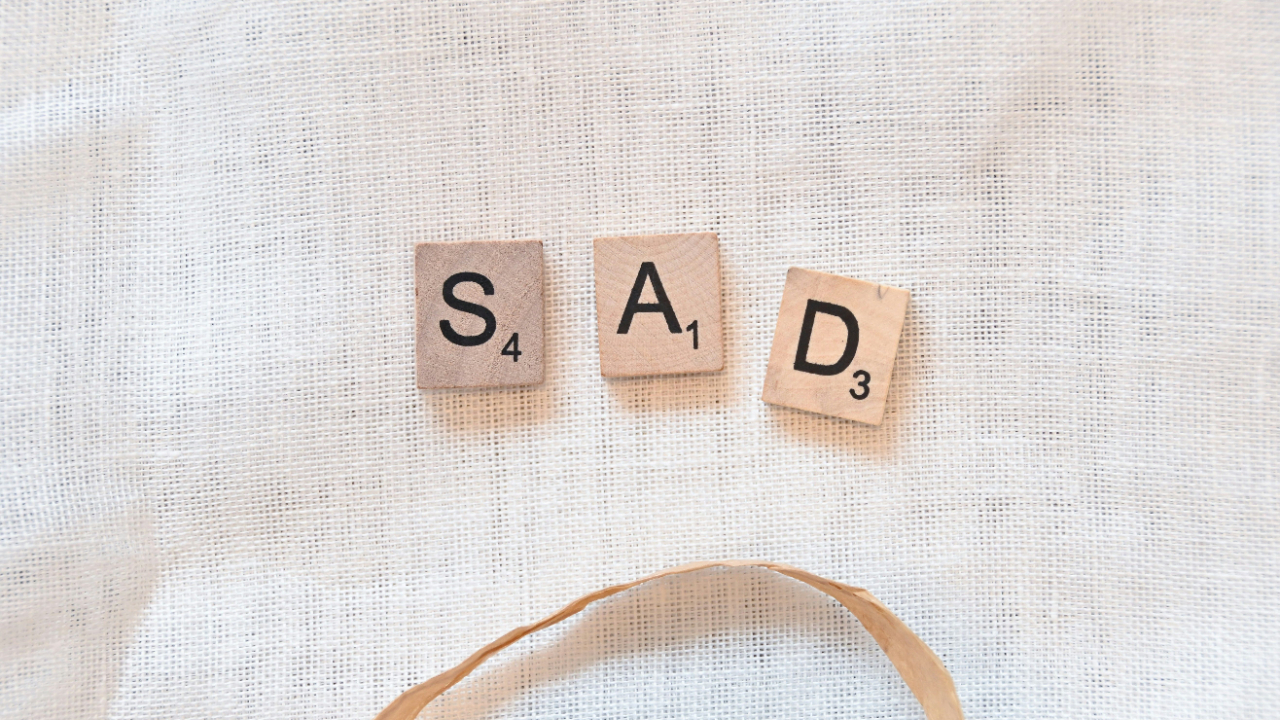The Significance of Safety in Relationships: Nurturing Emotional Well-being
Apr 15, 2025
The Significance of Safety in Relationships: Nurturing Emotional Well-being
In a world where our time and emotional energy seem constantly under pressure, feeling safe can be a priceless treasure—especially in our intimate relationships. Whether we’re talking about emotional stability, physical protection, or having room to be vulnerable, a sense of safety allows genuine closeness and personal growth. Below, we’ll examine why safety is so crucial, how it shapes our communication, and practical ways to ensure this emotional security remains an ongoing practice in your relationship.
Defining Safety Beyond Security
A Universal Need
We all want to feel safe—this aspiration is coded in our biology, passed down across generations. Yet how we interpret safety can vary widely. One parent might see safety in terms of financial provision; another may prioritise emotional support and stability. Understanding that each person’s sense of safety differs is the first step towards building a healthier, more empathetic relationship.
Safety vs. Comfort
Although intertwined, “safety” and “comfort” aren’t the same. Comfort can mean coasting within your comfort zone and avoiding growth. Safety, on the other hand, supports you while you confront challenges, offering a secure base from which to navigate personal triggers and explore deeper facets of your personality.
How Safety Impacts Relationships
A Platform for Vulnerability
When you feel safe enough with someone, you’re more willing to discuss sensitive topics, reveal wounds, and “risk” potential disagreement. Paradoxically, it’s exactly these moments of vulnerability that can lead to the strongest bonds—provided both partners approach them mindfully.
“The point of finding a partner who is a good, healthy match isn’t so you can enjoy a carefree partnership that doesn’t trigger your issues. The point is to find someone you feel safe enough being triggered by, so you can do the hard work of facing your demons together.”
Facing Triggers Constructively
Conflict is inevitable in any meaningful relationship. If you lack trust in your partner’s care for you, conflict can feel frightening, prompting defensiveness. But with a firm foundation of emotional safety, triggers become opportunities for insight. Instead of shutting down or lashing out, you can pause, reflect, and tackle difficulties collaboratively.
Signs Your Relationship Promotes Safety
-
Open Communication
-
You’re free to express concerns without fear of belittlement or stonewalling.
-
-
Willingness to Listen
-
Both parties genuinely try to hear the other’s perspective, even if it’s uncomfortable or contradicts their own view.
-
-
Shared Responsibility for Well-being
-
You see yourself as a team—co-creating a setting in which each person’s emotional health is valued and nurtured.
-
-
Respect for Boundaries
-
Limits on physical or emotional closeness are honoured, not overridden.
-
Practical Ways to Foster Emotional Safety
1. Proactively Revisit the Concept of Safety
Don’t assume your partner’s definition of safety remains static. Check in periodically:
-
“How can I help you feel more secure right now?”
-
“Are there any recent triggers that made you feel unsafe?”
These questions keep both of you attuned to changing emotional landscapes.
2. Handle Triggers with Care
When conflict arises, remember:
-
Pause and Breathe: Slow down your reaction, giving yourself a chance to respond from empathy rather than anger.
-
Acknowledge Intent: In a healthy relationship, your partner probably isn’t out to hurt you deliberately. Affirm your mutual goodwill.
-
Focus on Solutions, Not Fault: Discuss how to avoid escalation and address the root issues more constructively next time.
3. Shift from “Problem Mode” to “Safety Mode”
When you’re addressing relationship difficulties, start the conversation with the concept of safety—not immediate blame or frustration. Ask questions like:
-
“Is how I’m bringing this up increasing or lessening your sense of safety?”
-
“How can I phrase my concerns in a way that respects your boundaries?”
This reframing invites collaboration rather than spiralling tension.
4. Offer Genuine Reassurance
Sometimes a partner simply needs to hear the words:
-
“We’ll figure this out together.”
-
“You’re safe to share whatever’s on your mind.”
Hearing consistent reassurance counters underlying anxieties and clarifies that neither person is alone in the process.
Why Safety Matters for Growth
Maintaining “Secure Space”
When challenges surface—job stress, family tension, or personal anxieties—a supportive relationship becomes a sanctuary. This doesn’t mean you won’t ever argue; rather, that each argument remains anchored in love, respectful interaction, and the drive to learn from tension rather than ignore it.
Turning Triggers into Insights
Over time, consistent safety teaches you to lean into triggers, glean wisdom from them, and transform them into relational stepping stones. With self-awareness and mutual empathy, even painful interactions can become catalysts for deeper intimacy.
Conclusion
Developing a robust sense of safety in your relationship is a long-term investment, one that allows for vulnerability, honest growth, and a willingness to confront emotional triggers rather than fleeing from them. By continually reaffirming your care for each other’s emotional well-being, you create a living, evolving partnership—one that balances empathy with accountability and nurtures the resilience needed for life’s inevitable twists and turns.
Vaya Con Dios
Far from stifling independence or passion, a “safe” relationship fosters courage to face disagreements and insecurities head-on—knowing your partner has your back, exactly when you need them most.
Need more help
Sometimes we all need a little extra support, and that's okay. If you're feeling stuck, struggling with a relationship, or simply want to make positive changes in your life, I’m here to walk that journey with you. The most meaningful step for you is to reach out and try a free session to see if we can resolve this.
Get life strategies
Join our mailing list to receive the latest news and updates.
Don't worry, your information will not be shared.
I hate SPAM. I will never sell your information, for any reason.
